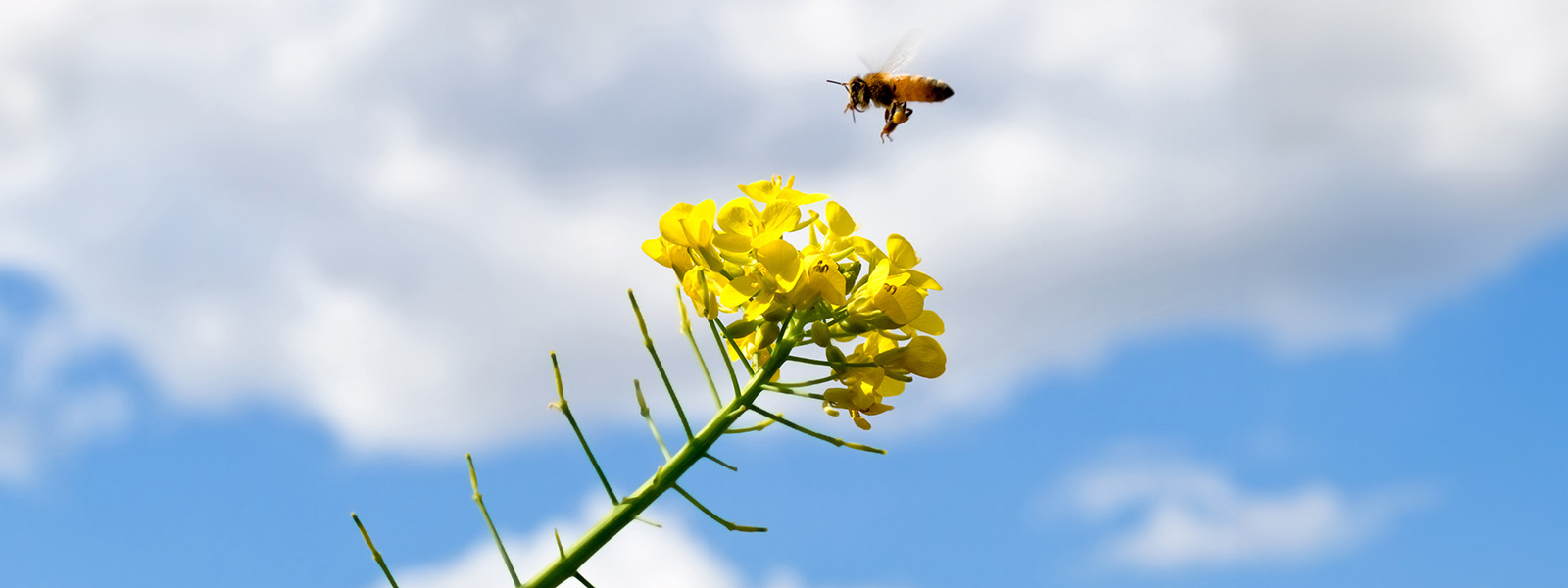Key insights
-
1
Pollutants Disrupt Scent Trails
Air pollutants can break down the chemical signals that plants release to attract pollinators, making it harder for insects to find flowers.
-
2
Reduced Pollinator Efficiency
Exposure to pollutants can impair the cognitive functions of pollinators, reducing their efficiency in collecting nectar and pollen.
-
3
Impact on Food Security
Given that many crops rely on insect pollination, reduced pollination efficiency due to air pollution poses a risk to food production and security.
-
4
Need for Integrated Solutions
The article emphasizes the need for integrated solutions that address both air quality improvement and conservation of pollinator habitats.
Takeaways
Air pollution poses a significant threat to pollination, with potential repercussions for biodiversity and food security. Addressing this issue requires a multi-faceted approach that includes improving air quality and protecting pollinator habitats.

